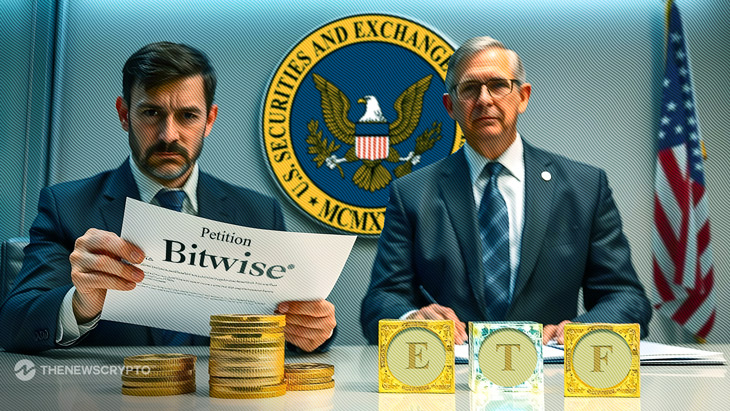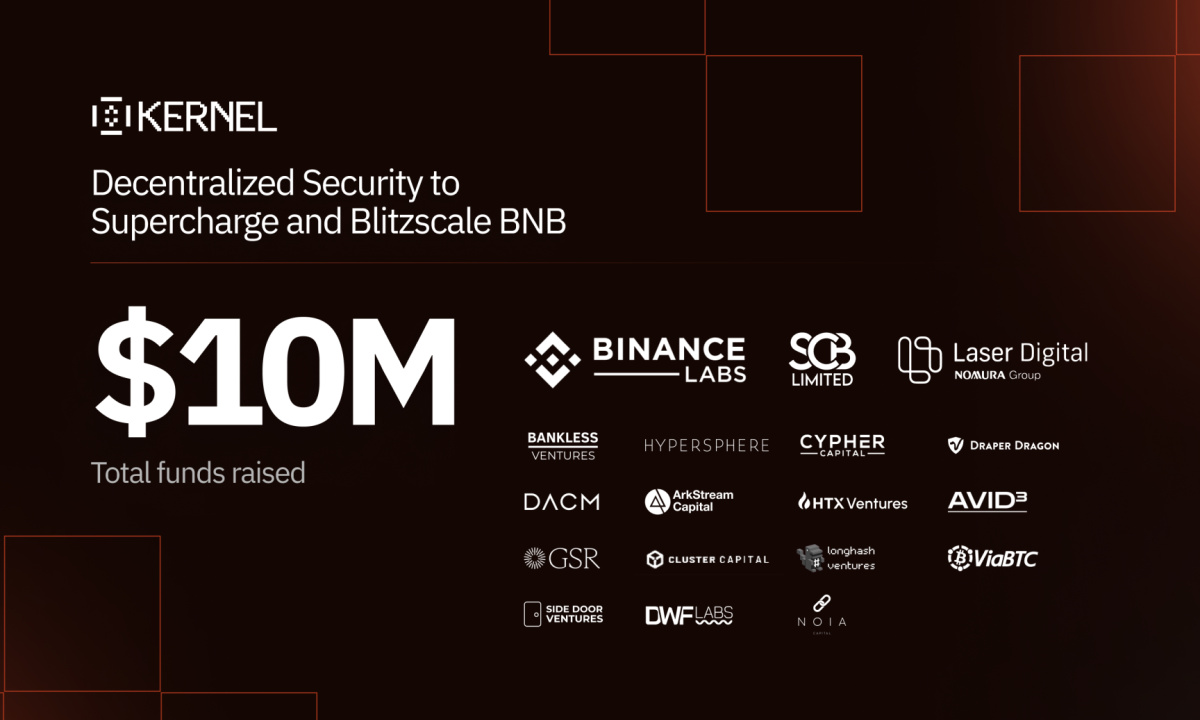In a recent move that intensifies the Securities and Exchange Commission’s (SEC) crackdown on the Non-Fungible Token (NFT) sector, the SEC has charged Stoner Cats 2 (SC2) with conducting an “unregistered offering of crypto asset securities.”
The charges specifically target Stoner Cats’ sale of non-fungible tokens, which raised approximately $8 million from investors to finance the production of an animated web series.
The SEC order reveals that on July 27, 2021, SC2 sold over 10,000 NFTs to investors at approximately $800 each, with the entire supply being sold out within a mere 35 minutes. The SEC alleges that SC2’s marketing campaign highlighted the potential benefits of owning the NFTs, including allowing owners to resell them on the secondary market.
Furthermore, the SEC claims that SC2 emphasized its Hollywood producer expertise, knowledge of crypto projects, and involvement of well-known actors in the web series, which led investors to anticipate profits from the potential rise in resale value.
According to the SEC, SC2 configured the NFTs to provide a 2.5% royalty for each secondary market transaction, incentivizing individuals to buy and sell the NFTs. Subsequently, purchasers allegedly engaged in over 10,000 transactions, amounting to more than $20 million.
The SEC alleges that SC2 violated the Securities Act of 1933 by offering and selling these SEC-denominated “crypto asset securities” to the public without registering the offering or qualifying for an exemption.
Gurbir S. Grewal, Director of the SEC’s Division of Enforcement, emphasizes that the determination of whether an investment contract qualifies as security lies in the economic reality of the offering, rather than the labels attached to it. Grewal stated:
While the SEC’s actions are intended to “protect investors” by ensuring proper disclosures, some critics argue that the SEC’s language and terminology surrounding the NFT market are biased and lack clarity.
Crypto enthusiast and investor Adam Cochran expressed his concerns, highlighting that there is no such thing as an “unregistered offering of NFTs” since registration requirements typically apply to securities. Cochran believes that the SEC’s communications should accurately reflect the law to avoid a chilling effect through fear-mongering.
In response to the charges, SC2 has agreed to a cease-and-desist order and to pay a civil penalty of $1 million. The order also establishes a Fair Fund to return funds to injured investors who purchased the NFTs.
Additionally, SC2 has committed to destroying all NFTs under its possession or control and publishing notice of the order on its website and social media channels.
The SEC’s lawsuit against Stoner Cats underscores the ongoing regulatory battle surrounding the NFT sector. As the industry evolves, stakeholders are calling for clearer guidelines and unbiased regulatory practices to strike a balance between investor protection and fostering innovation in the digital asset space.

Featured image from iStock, chart from TradingView.com
The charges specifically target Stoner Cats’ sale of non-fungible tokens, which raised approximately $8 million from investors to finance the production of an animated web series.
SEC’s Legal Earthquake Hits NFT Market Once Again
The SEC order reveals that on July 27, 2021, SC2 sold over 10,000 NFTs to investors at approximately $800 each, with the entire supply being sold out within a mere 35 minutes. The SEC alleges that SC2’s marketing campaign highlighted the potential benefits of owning the NFTs, including allowing owners to resell them on the secondary market.
Furthermore, the SEC claims that SC2 emphasized its Hollywood producer expertise, knowledge of crypto projects, and involvement of well-known actors in the web series, which led investors to anticipate profits from the potential rise in resale value.
According to the SEC, SC2 configured the NFTs to provide a 2.5% royalty for each secondary market transaction, incentivizing individuals to buy and sell the NFTs. Subsequently, purchasers allegedly engaged in over 10,000 transactions, amounting to more than $20 million.
The SEC alleges that SC2 violated the Securities Act of 1933 by offering and selling these SEC-denominated “crypto asset securities” to the public without registering the offering or qualifying for an exemption.
Gurbir S. Grewal, Director of the SEC’s Division of Enforcement, emphasizes that the determination of whether an investment contract qualifies as security lies in the economic reality of the offering, rather than the labels attached to it. Grewal stated:
Here, the SEC’s order finds that Stoner Cats marketed its knowledge of crypto projects, touted that the price of their NFTs could increase, and took other steps that led investors to believe they would profit from selling the NFTs in the secondary market.
Stoner Cats Settles Charges, Agrees To NFTs Destruction
While the SEC’s actions are intended to “protect investors” by ensuring proper disclosures, some critics argue that the SEC’s language and terminology surrounding the NFT market are biased and lack clarity.
Crypto enthusiast and investor Adam Cochran expressed his concerns, highlighting that there is no such thing as an “unregistered offering of NFTs” since registration requirements typically apply to securities. Cochran believes that the SEC’s communications should accurately reflect the law to avoid a chilling effect through fear-mongering.
In response to the charges, SC2 has agreed to a cease-and-desist order and to pay a civil penalty of $1 million. The order also establishes a Fair Fund to return funds to injured investors who purchased the NFTs.
Additionally, SC2 has committed to destroying all NFTs under its possession or control and publishing notice of the order on its website and social media channels.
The SEC’s lawsuit against Stoner Cats underscores the ongoing regulatory battle surrounding the NFT sector. As the industry evolves, stakeholders are calling for clearer guidelines and unbiased regulatory practices to strike a balance between investor protection and fostering innovation in the digital asset space.
Featured image from iStock, chart from TradingView.com






